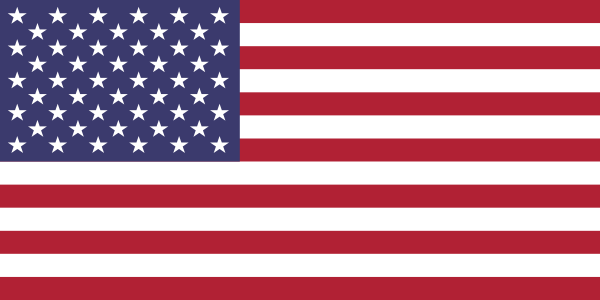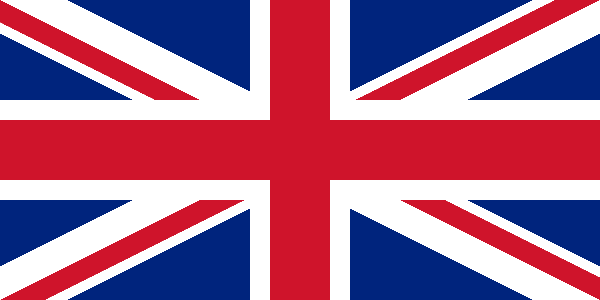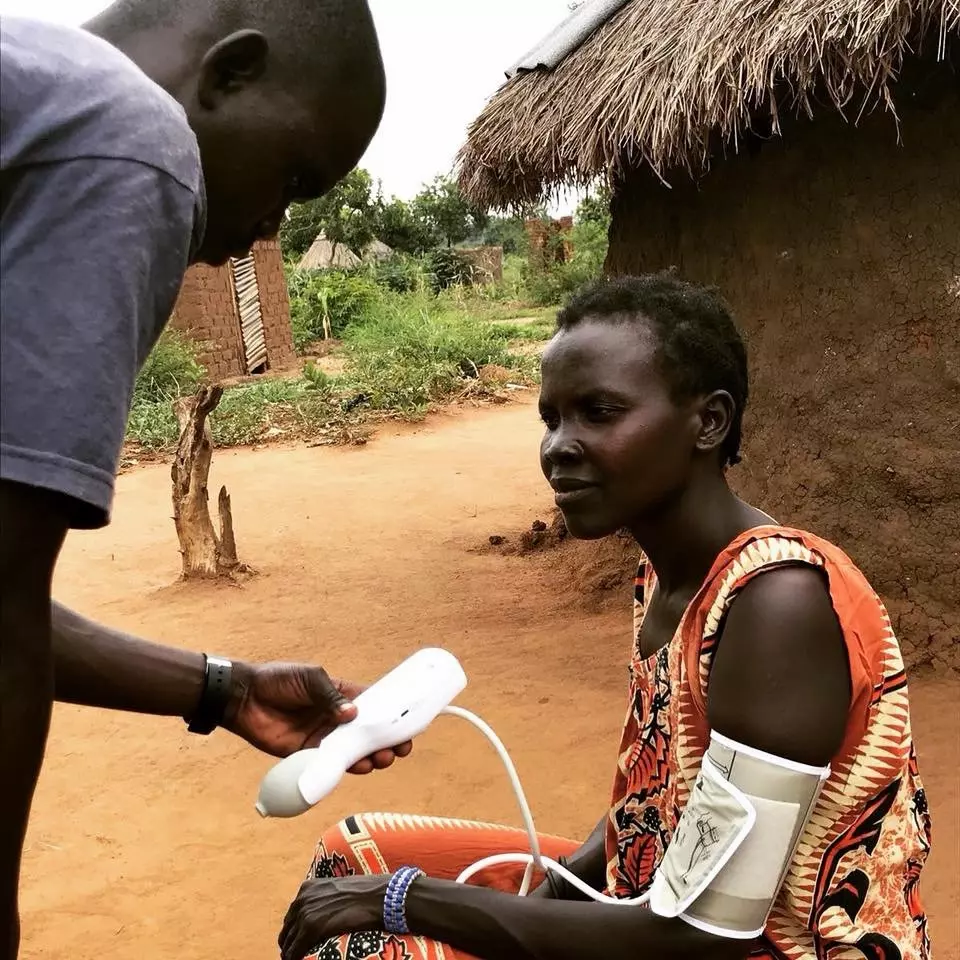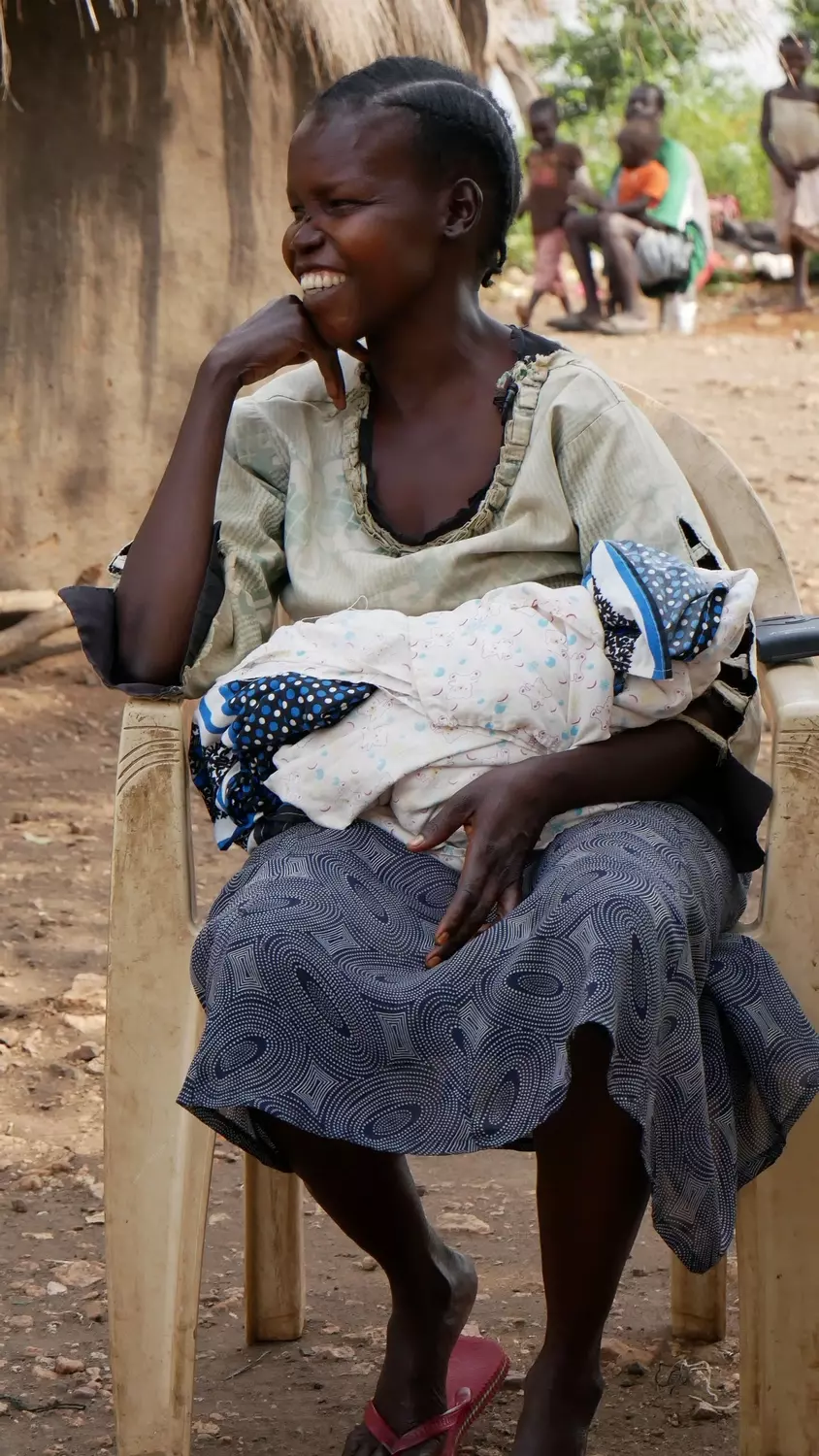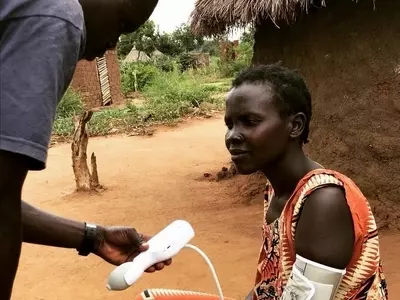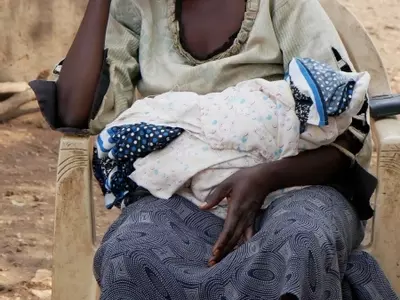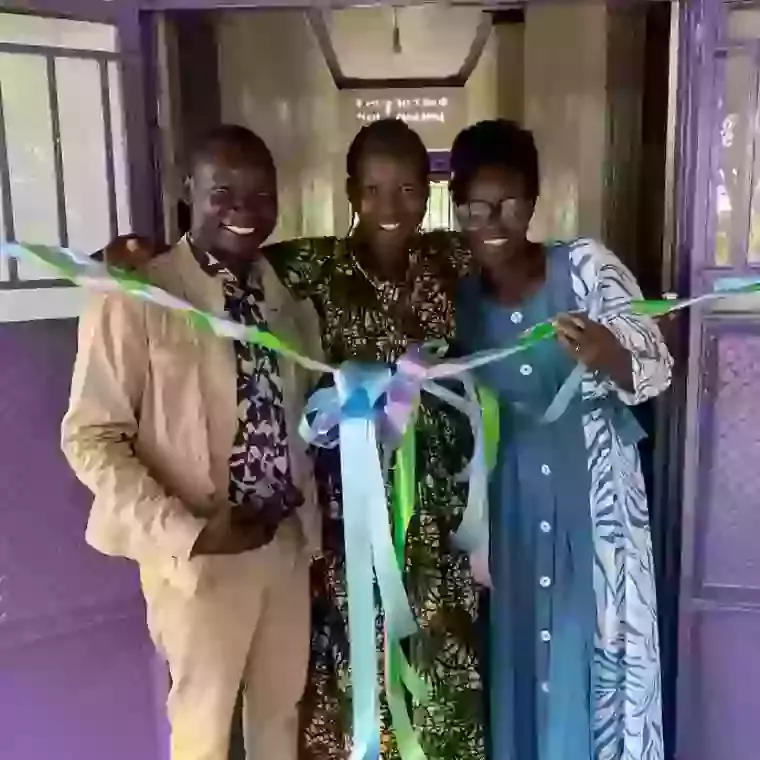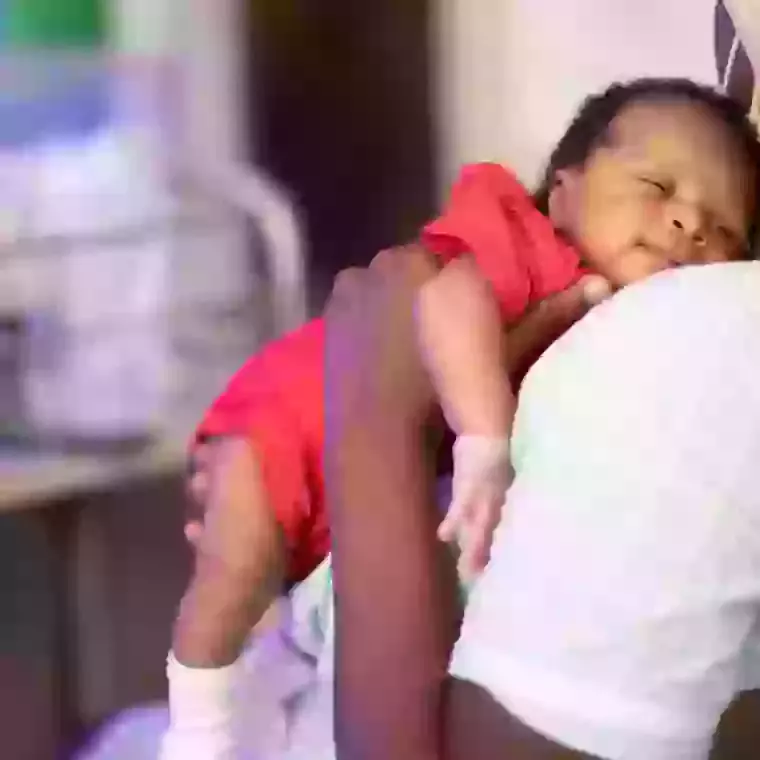Equipping Ugandan Refugee Settlements with the CRADLE Blood Pressure & Heart Rate Device to fight maternal mortality
Uganda:
Uganda currently hosts 1.3 million refugees and asylum-seekers, most from war-torn South Sudan and DR Congo. It’s the largest refugee crisis in Africa and there are significant challenges in the refugee settlements, including the health sector.
CRADLE Uganda:
Around 500 women and girls die every day from pregnancy and childbirth related causes in conflict/disaster affected countries around the world. Over 50% of maternal mortalities are caused by conditions that require the monitoring of a mothers vital signs, for instance blood pressure (BP) and heart rate (HR). However, in under-resourced refugee settlements, there is often a significant shortage of BP/HR devices and a lack of human resources.
The CRADLE device is a new, life-saving semi-automated BP/HR device, designed to World Health Organization standards for such settings. It has a unique traffic light system which can inform even a non-medical user if a pregnant woman is at risk or not. If the device light flashes red, this clearly indicates that the lady needs urgent treatment. This makes it ideal for Volunteer Health Teams who often have limited medical training. Furthermore, it’s robust, only costs £20 and has been tested more than most devices of its kind, proving to be amongst the most accurate! By distributing it to Volunteer Health Teams and clinics in the refugee settlements, we’re ensuring women with high-risk pregnancies are identified and referred for care quickly and effectively.
Project Start Date: 2017
Number of CRADLE Devices Distributed: 1,066
Number of Volunteer Health Teams Trained & Equipped: 886
Number of UNHCR Clinics Trained & Equipped: 25+
Lives being impacted: Est. 21,647 pregnant women annually
Partners/Donors:

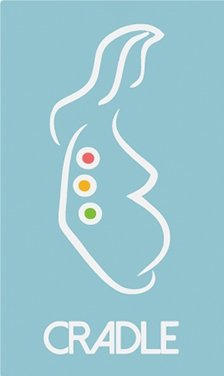

Uganda Cradle Case Study
‘One mother explained the challenges she’d faced coming to the refugee camp. She had been walking for a week with her baby tied to her back, and many people she travelled with had been lost on the way. Once arriving in the camp, she faced further challenges when she was diagnosed with pre-eclampsia, having to undergo an emergency C-section which delivered her twins at 8 months. On several occasions Volunteer Health Team workers explained how ‘without the CRADLE device, this mother may have died.’ Thanks to this project, many women and babies have been saved!’

